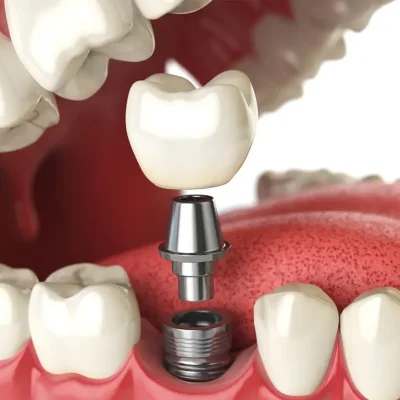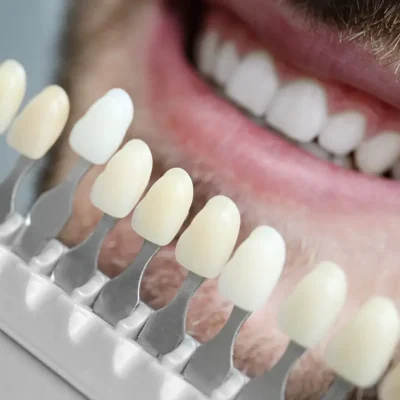Plastic Surgery
Menu
Breast Surgery
Menu
Body Surgery
Menu
Blog
Menu

Your Premier Choice for Health and Aesthetic Solutions in Turkey
ŞANSEL KAVLAKOĞLU SAĞLIK HİZMETLERİ LİMİTED ŞİRKETİ
Izzet Paşa Mah Yeni Yol Cad. No:22/A Nurol Tower Plaza kat:11 No: 1103 şişli istanbul, Turkey
Mednificant holds an international health tourism accreditation. Our affiliated hospitals and clinics are accredited to both national and international standards, and all treatments are provided at these accredited health facilities.









